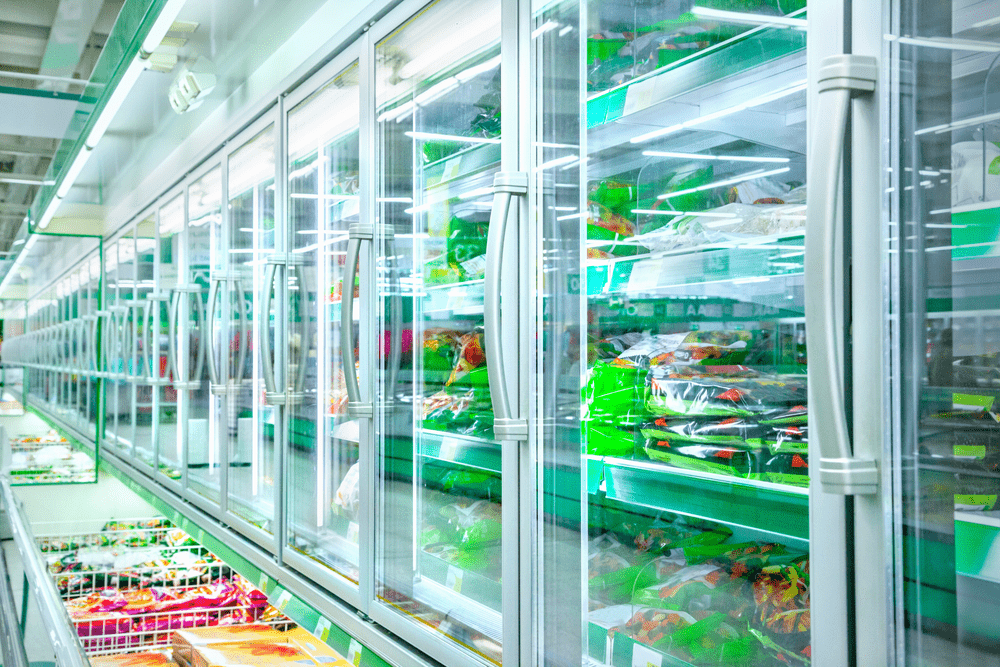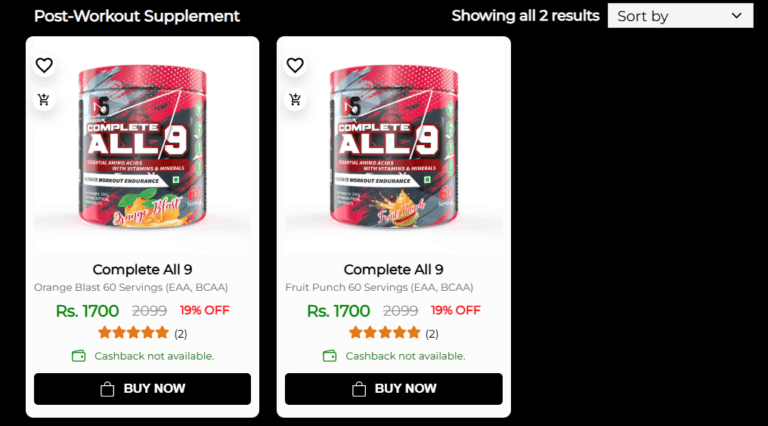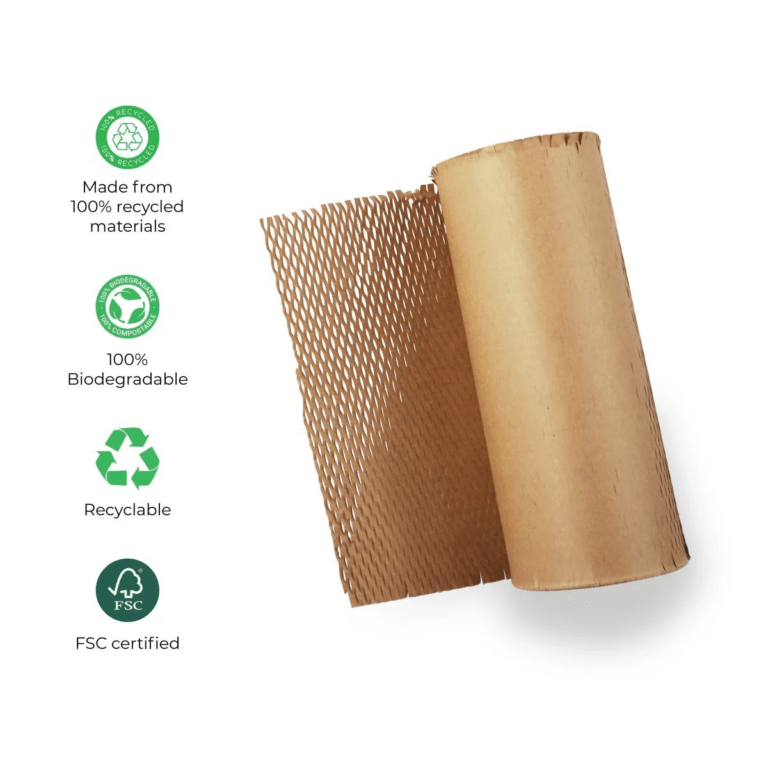Canada is grappling with a significant food waste problem. According to recent data, nearly 60% of all food produced in Canada is wasted, which equates to more than 35 million tonnes every year. While much of this waste happens before food even reaches households, Canadian consumers also contribute by throwing away spoiled or unused food. As awareness about sustainability grows, more people are looking for solutions. One surprising hero in the fight against food waste? Frozen vegetables.
The Food Waste Crisis in Canada
Before we explore the role of frozen vegetables, it’s essential to understand the scale and impact of food waste. Most Canadians are unaware that:
- Households contribute to approximately 14% of food waste, largely due to spoilage.
- Fresh produce, including fruits and vegetables, makes up the largest category of food discarded.
- Food waste contributes to greenhouse gas emissions, unnecessary water usage, and wasted labor and transportation efforts.
The environmental and economic impacts are staggering. Not only does this waste harm the planet, but it also affects our wallets—Canadian families are throwing away an average of $1,100 worth of food annually.
Enter Frozen Vegetables: A Fresh Solution
Frozen vegetables offer an effective and accessible solution to this growing problem. Packed at peak freshness and preserved through freezing, they offer numerous advantages over fresh produce, especially when it comes to longevity, nutrition, and waste reduction.
Why Choose Frozen Vegetables?
- Longer Shelf Life
One of the main reasons food is wasted at home is that it spoils before we can use it. Unlike fresh produce, frozen vegetables can last months in your freezer without losing quality. This means fewer last-minute trips to the store and fewer items ending up in the trash. - Portion Control and Convenience
With frozen mixed vegetables, you can easily take just the amount you need for your recipe and return the rest to the freezer. This reduces the likelihood of spoilage due to unused produce and also helps in portion control. - Nutritional Value
Contrary to popular belief, frozen veggies are often just as nutritious, if not more so, than their fresh counterparts. Since they are flash-frozen at peak ripeness, they retain essential nutrients that might be lost during the storage and transportation of fresh vegetables. - Year-Round Availability
Certain vegetables are only available fresh during specific seasons in Canada. However, frozen vegetables offer access to a wide range of produce all year long, helping Canadians maintain a balanced and diverse diet without relying on imports or seasonal availability. - Less Prep, Less Waste
Since most frozen vegetables are pre-washed, peeled, and chopped, there’s minimal preparation involved. This reduces the chances of throwing away inedible parts or overbuying ingredients you won’t finish.
Best Frozen Vegetables to Keep on Hand
If you’re looking to cut back on food waste and simplify your meal prep, here are some of the best frozen vegetables to keep stocked in your freezer:
- Frozen mixed vegetables: A go-to staple that typically includes carrots, peas, corn, and green beans—perfect for stir-fries, soups, and rice dishes.
- Broccoli florets: Great for steaming, roasting, or blending into soups.
- Spinach: Ideal for smoothies, pasta, and omelets.
- Cauliflower rice: A healthy, low-carb alternative to traditional rice.
- Bell pepper strips: Pre-sliced and ready for fajitas, pasta sauces, or omelets.
The Environmental Impact of Choosing Frozen
Making the switch to frozen vegetables can drastically reduce the carbon footprint associated with food waste. Here’s how:
- Less Spoilage: Less rotting produce means fewer methane emissions from landfills.
- Reduced Transportation Waste: Bulk freezing allows producers to ship more food with less packaging and spoilage risk.
- Energy-Efficient Storage: Modern freezers are energy-efficient, making long-term storage of frozen veggies more eco-friendly than frequent grocery trips for fresh produce.
Ordering Frozen Vegetables Online: The Smart and Sustainable Way
In today’s fast-paced world, convenience matters just as much as sustainability. That’s where Tezmart comes in. With Tezmart, Canadians can now order their favorite grocery products and the best frozen vegetables online and have them delivered right to their doorsteps.
Why Order from Tezmart?
- Wide Selection: From frozen mixed vegetables to gourmet frozen veggies, Tezmart offers a wide range of choices to suit every meal and dietary need.
- High Quality: Each product is carefully selected to ensure you receive only the best frozen vegetables—nutritious, flavorful, and responsibly packaged.
- Eco-Conscious Delivery: Tezmart prioritizes sustainability in packaging and delivery, helping you reduce your environmental impact even further.
Whether you need a bag of frozen mixed vegetables for your next quick dinner or want to stock up on seasonal frozen veggies, Tezmart makes it easier than ever to shop responsibly and efficiently.
Shifting Consumer Behavior: A Cultural Change
Reducing food waste requires more than just good intentions; it demands a cultural shift in how we view food, plan meals, and shop. By embracing frozen vegetables, Canadians are making a conscious choice to support sustainability without sacrificing convenience or nutrition.
Educational campaigns, policy changes, and community initiatives can further support this shift by:
- Encouraging grocery stores to stock a variety of frozen vegetables.
- Promoting home-cooking with frozen veggies through recipes and meal plans.
- Partnering with services like Tezmart to improve access to sustainable grocery options.
Conclusion: A Simple Switch with a Big Impact
So, are frozen vegetables the key to reducing food waste in Canada? All signs point to yes. With their longer shelf life, nutritional benefits, and eco-friendly footprint, frozen veggies offer a practical and impactful way for households to cut down on waste. And thanks to platforms like Tezmart, Canadians can now shop smarter, save money, and help the planet—one frozen carrot at a time.
The next time you’re planning your grocery list, consider skipping the wilted spinach and limp zucchini. Instead, stock up on the best frozen vegetables—and make sure to check out the wide selection available at Tezmart.
Together, with small changes like this, we can create a future where less food is wasted and more resources are used wisely.













